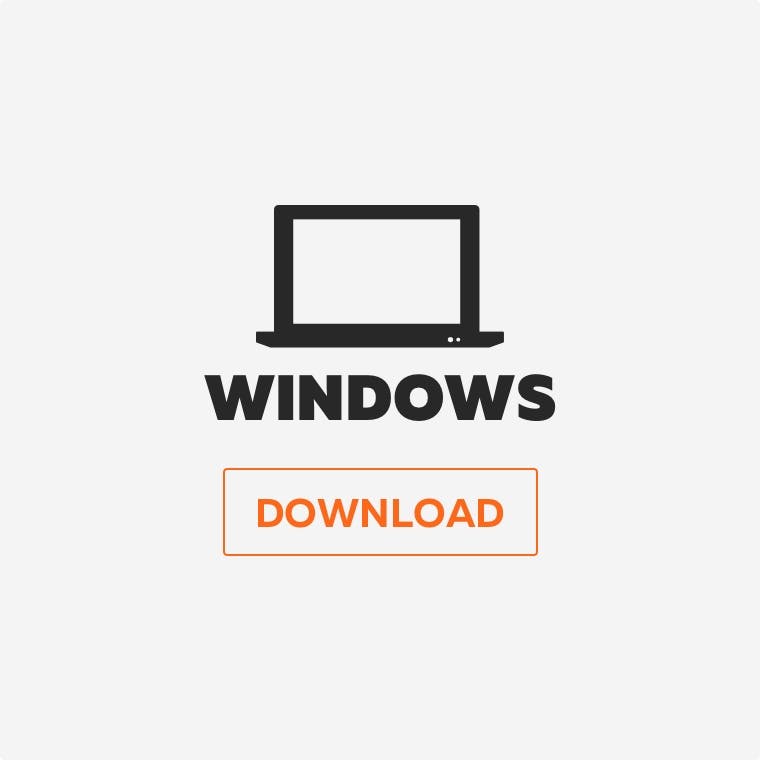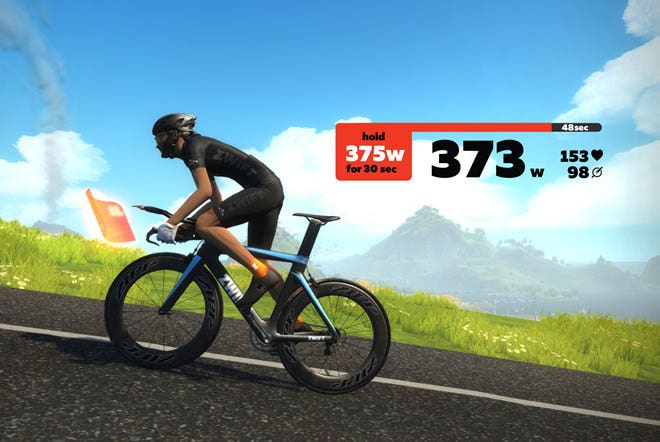Download Zwift Companion PC for free at BrowserCam. Zwift, Inc. published the Zwift Companion App for Android operating system mobile devices, but it is possible to download and install Zwift Companion for PC or Computer with operating systems such as Windows 7, 8, 8.1, 10 and Mac.
Let's find out the prerequisites to install Zwift Companion on Windows PC or MAC computer without much delay.

For what it's worth, I have tried to get Zwift to work on my 2008 Macbook 13' (not pro) which has a new SSD hard drive and a bit more RAM, but to no avail. Very slow indeed. According to Zwift website it should. work (.if I have interpreted system requirements/OSX correctly), but it, like, doesn't. Oh, and I'm not into IT. I'm running Zwift on a 2010 13' MacBook Pro, it does the job but struggles to cope with the graphics when riding in groups, it's slow and jumpy. I'd considered spending £350ish on a new family laptop that would also run Zwift more effectively, but after doing a bit of research I'm not sure how much improvement it would offer vs my MacBook.
Select an Android emulator: There are many free and paid Android emulators available for PC and MAC, few of the popular ones are Bluestacks, Andy OS, Nox, MeMu and there are more you can find from Google.
Compatibility: Before downloading them take a look at the minimum system requirements to install the emulator on your PC.
For example, BlueStacks requires OS: Windows 10, Windows 8.1, Windows 8, Windows 7, Windows Vista SP2, Windows XP SP3 (32-bit only), Mac OS Sierra(10.12), High Sierra (10.13) and Mojave(10.14), 2-4GB of RAM, 4GB of disk space for storing Android apps/games, updated graphics drivers.
Finally, download and install the emulator which will work well with your PC's hardware/software.
How to Download and Install Zwift Companion for PC or MAC:
- Open the emulator software from the start menu or desktop shortcut in your PC.
- Associate or set up your Google account with the emulator.
- You can either install the App from Google PlayStore inside the emulator or download Zwift Companion APK file from the below link from our site and open the APK file with the emulator or drag the file into the emulator window to install Zwift Companion App for pc.
You can follow above instructions to install Zwift Companion for pc with any of the Android emulators out there.
In response to a question about the Zwift graphics engine choices on Reddit, October 30th 2019, game creator John Mayfield had this to say:

Zwift is tailored to lower end hardware, and we’re not shooting for Crysis 3 level graphics because almost none of our users a) care and b) have a machine that can render 100+ riders ontop of a very detailed world.


We optimize for the 90% rather than the 10%. For Zwift its nearly entirely Intel integrated graphics and mobile GPUs. Artists get their lower than AAA polygon budgets, and we stay with simpler shaders, and Zwifters get their sweat on.
That pretty much confirms what I said in my buyer’s guide post last week about not expecting GeForce RTX real-time ray tracing to be utilized anytime soon - so don’t over spend on RTX 20xx when GTX 1660 will suffice, by a large margin, if you’re one of the almost none who cares about graphics in the first place of course.
For the 90%, there’s still a minimum spec at which low graphics performance can hamper one’s ability to use the platform satisfactorily. So what should one look out for, and which integrated graphics chip performs the best?
Slicing the zwiftalizer.com benchmarks data for the 1080 resolution, basic profile in Jupyter notebook gives the following plot:
| gpu | avgFps |
|---|---|
| Intel Intel Iris Pro Graphics 580 | 56.90 |
| Intel Intel Iris Plus Graphics 650 | 48.41 |
| ATi AMD Radeon RX Vega 11 Graphics | 44.38 |
| Intel Intel Iris Plus Graphics 655 | 41.20 |
| Intel Intel UHD Graphics 630 | 39.68 |
| Intel Intel Iris Graphics 650 | 37.92 |
| Intel Intel Iris Graphics 550 | 37.36 |
| Intel Intel Iris Plus Graphics 640 | 36.88 |
| Intel Intel Iris Pro OpenGL Engine | 34.62 |
| Intel Intel Iris Graphics 540 | 34.33 |
| ATi AMD Radeon Vega 8 Graphics | 34.26 |
| Intel Intel Iris Pro Graphics 6200 | 32.82 |
| Intel Intel HD Graphics 630 | 31.48 |
| Intel Intel HD Graphics 530 | 30.31 |
| ATi AMD Radeon RX Vega 10 Graphics | 29.31 |
| Intel Intel HD Graphics 4600 | 28.41 |
| Apple Apple A10X GPU | 28.08 |
| Intel Intel UHD Graphics 620 | 27.75 |
| Apple Apple A10 GPU | 26.98 |
| Apple Apple A9X GPU | 26.73 |
Observations
Intel Integrated Graphics
There is not much difference between systems in the 30 to 40 FPS range. This is the standard Intel Integrated graphics found on most Core i5 and Core i7 laptop and desktop systems that cost between $500 and $800.
Apple A10X
Download Zwift Macbook Pro Upgrade
The Apple TV 4K and iPad Pro 2018 use the A10X chip. Seeing Apple mobile GPUs in the top 20 shows how much mobile CPUs have progressed the past few years (and how Intel CPUs have not). The A10X sits between Intel Integrated HD graphics HD 620 and 630 found in 9th generation Kaby lake Core i5 and Core i7 CPUs. The performance of the A10X would probably equal HD 620 if it was not capped at 30 FPS. At $180 Apple TV 4K is the best bang for buck system, without question.
Radeon Vega 11
The high performance of the Radeon Vega 11 surprised me because AMD OpenGL drivers on Windows aren’t great. This is the integrated GPU found in the Ryzen 5 2400G CPU. Unlike discrete GPUs, integrated graphics don’t have any dedicated graphics memory and share the system RAM. This is one reason why on-board graphics can’t run high or ultra profiles. The Vega 11 is impressive because it benefits from fast dual-channel DDR4 system RAM and high CPU clock speeds. If you are looking for a small form factor PC, something with Ryzen 5 2400G with Radeon Vega 11 on-board would be a good choice. Expect to pay around $600 USD for a complete system.
Intel Iris Pro
Zwift App Download
The Intel Iris Pro on-board GPU is commonly used in high end Microsoft Surface and Apple MacBook laptops. This is as good as it gets without stepping up to a dedicated GPU. Expect to pay upwards of $1,000. You won’t get any additional graphics effects - like reflections, headlights, etc, but you will get the smoothest picture possible at 1080 resolution. If you don’t need portability, and do want the additional effects and polygons, a desktop PC with a dedicated GPU such as the Nvidia GTX 1660 Ti is a better option.
Download Zwift For Windows 10
Related
